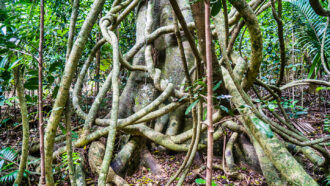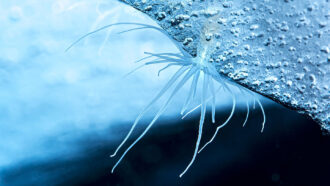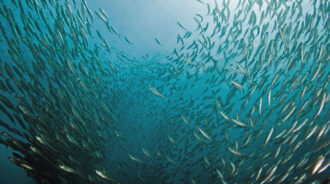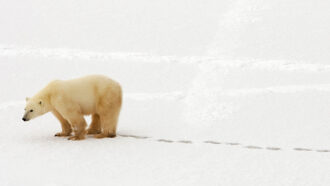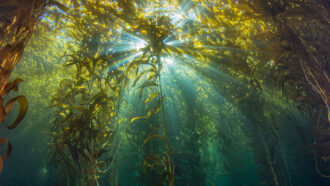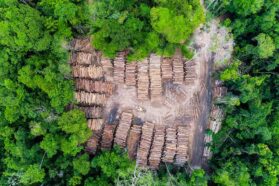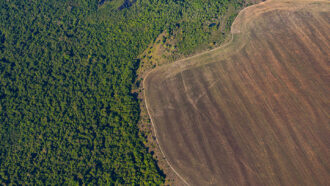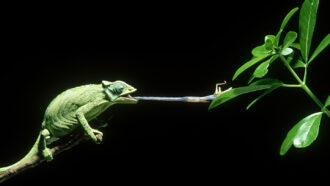Scientists say: Biomagnify
A little weed killer can mushroom into a lot as it moves up the food chain
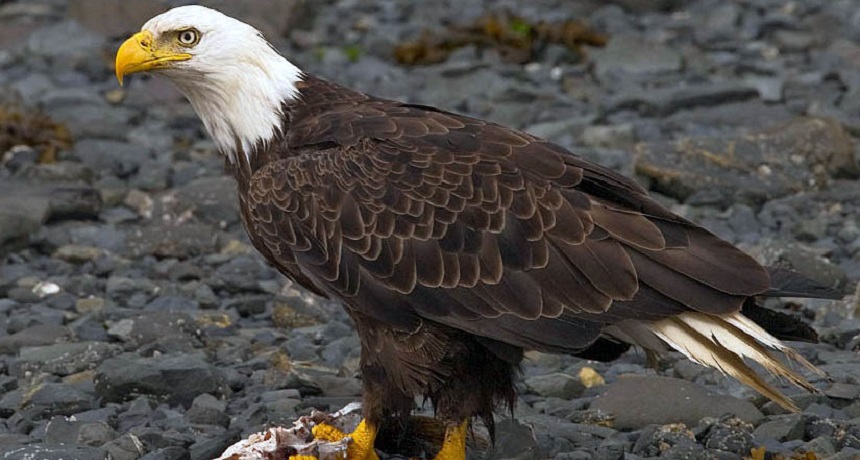
Bald eagles ate fish and other animals contaminated with the toxic insect killer DDT. In time, the eagles “biomagnified” this pollutant in their bodies, which sometimes harmed their eggs.
Yathin S Krishnappa/Wikimedia Commons
